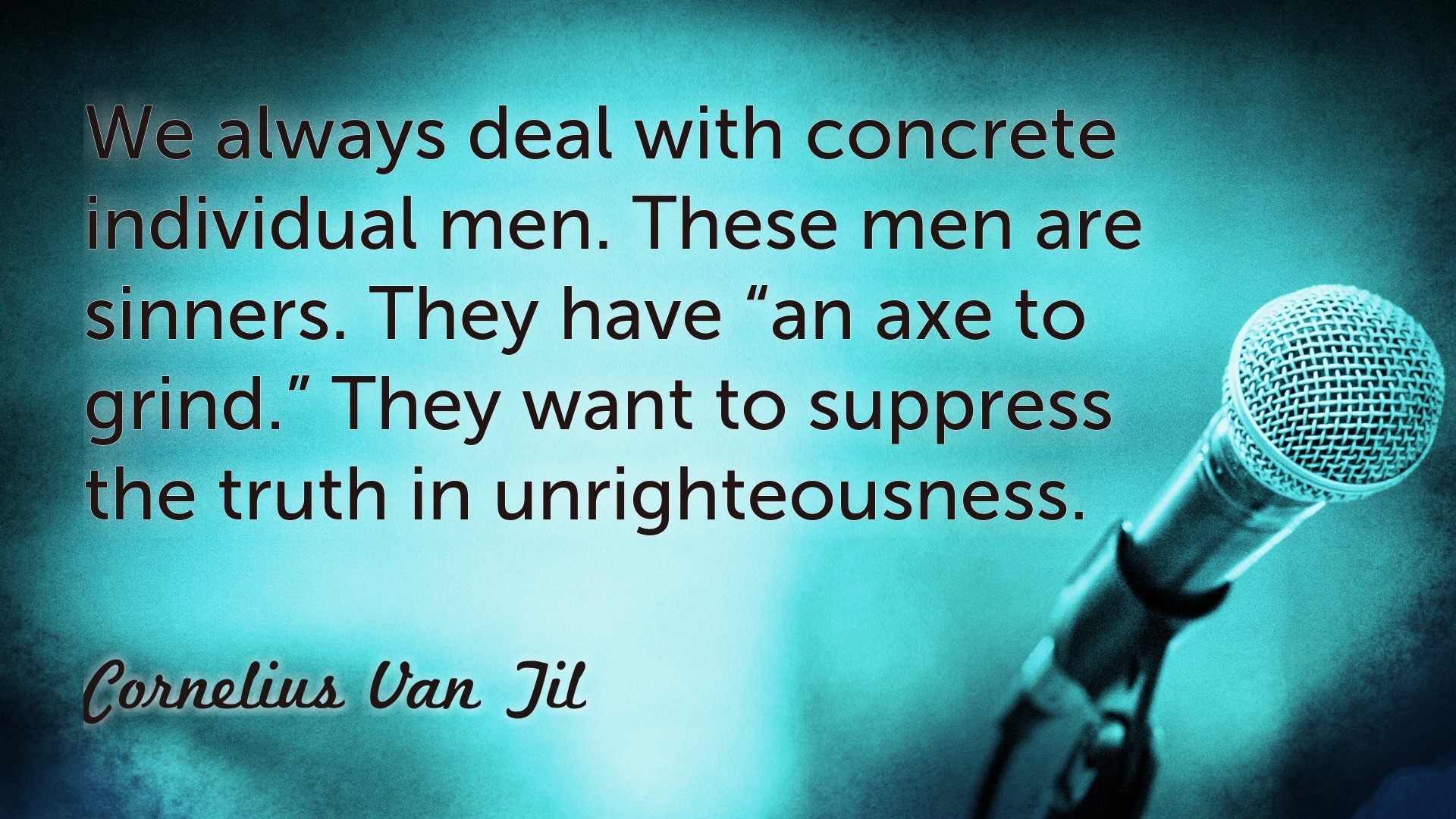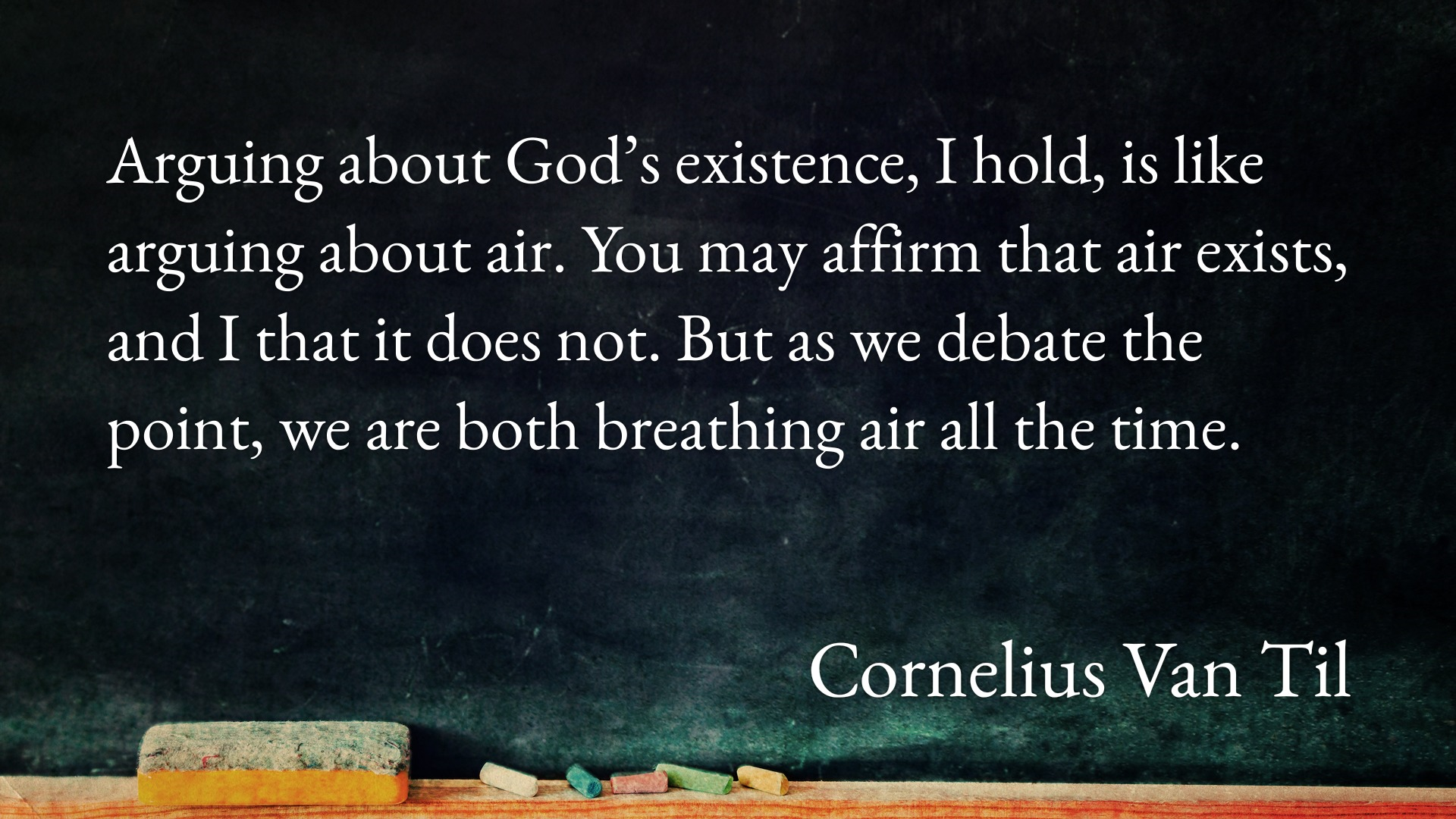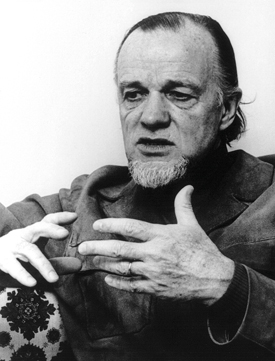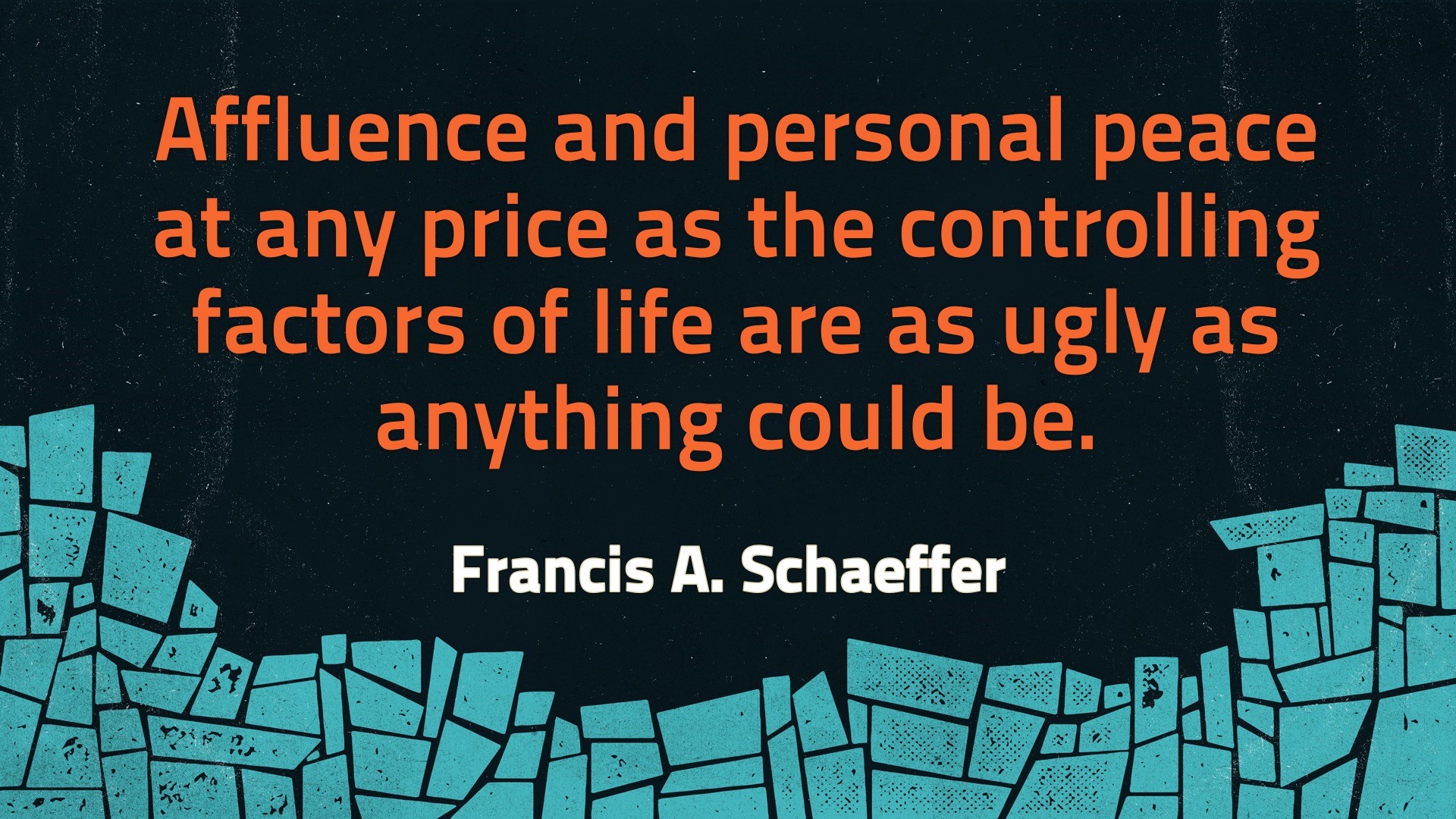“It is only to follow out the lead which Hodge in his theology, following Calvin, has given, if we seek our point of contact not in any abstraction whatsoever, whether it be reason or intuition. No such abstraction exists in the universe of men. We always deal with concrete individual men. These men are sinners. They have “an axe to grind.” They want to suppress the truth in unrighteousness. They will employ their reason for that purpose. And they are not formally illogical if, granted the assumption of man’s ultimacy, they reject the teachings of Christianity. On the contrary, to be logically consistent they are bound to do so. This point will engage us more fully in the sequel. For the moment it must suffice to have shown how the apologist is not only untrue to his own doctrine of man as the creature of God, but also defeats his own purpose if he appeals to some form of the “common consciousness of man.”
Cornelius Van Til, The Defense of the Faith (The Presbyterian and Reformed Publishing Company: Philadelphia, 1955).




